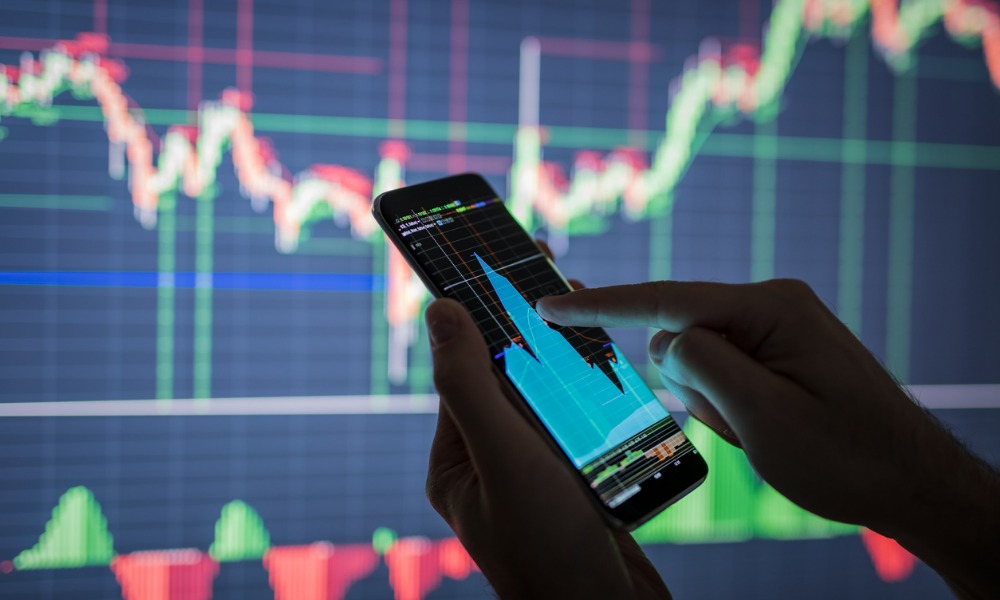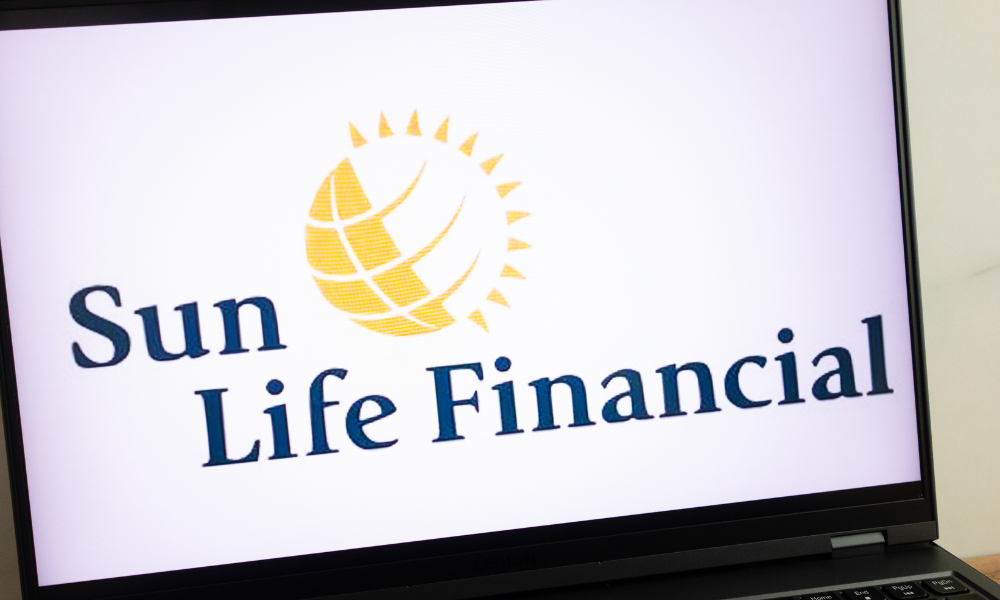Stocks steady as tariff date nears

The S&P 500 ended Tuesday marginally lower as investor sentiment remained cautious following mixed signals from U.S. President Donald Trump on trade tariffs.
The index slipped 0.07% to close at 6,225.52. The Dow Jones Industrial Average declined by 165.60 points, or 0.37%, ending at 44,240.76. Meanwhile, the Nasdaq Composite edged up 0.03% to 20,418.46.
Market participants responded to Trump’s announcement confirming the August 1 implementation of new tariffs, including a 50% levy on copper imports. The move came after the president previously suggested that the deadline might be flexible.
This follows Monday’s market sell-off, when Trump imposed 25% tariffs on imports from countries including South Korea and Japan. In total, 14 countries were affected by the latest duties.
National Retail Federation chief economist Jack Kleinhenz described the current climate as one dominated by “anxiety and confusion,” in comments to CNBC saying it remains difficult to assess the full economic impact of the tariffs. He added that multiple issues—including tariffs, immigration, and deregulation—are intersecting in ways that challenge traditional economic forecasting.
Copper prices reacted sharply to the tariff announcement. Futures for September delivery surged 13% to $5.6855 per pound, the metal’s most significant one-day gain since 1989.
On the corporate side, Nvidia shares gained 1%, continuing their approach toward a $4 trillion market capitalization. Meanwhile, banking stocks declined following HSBC’s downgrade of major institutions. JPMorgan Chase and Bank of America each lost 3%, and Goldman Sachs fell nearly 2%.
Mark Mahaney of Evercore ISI noted that consumers will likely absorb some of the tariff-related cost increases. He said larger retailers may be better equipped to manage these changes than smaller businesses.
Raymond James maintained its outlook for regional banks, citing stable earnings and manageable credit costs. It upgraded shares of PNC Financial and Truist Financial to outperform.
Meanwhile, Deutsche Bank indicated that a summer market downturn is unlikely unless macroeconomic fundamentals shift in ways that policymakers cannot address.
Datadog shares dropped after Guggenheim downgraded the stock, citing a shift by major customer OpenAI to internal solutions. The firm projected a potential 31% downside.
Trump's confirmation of the August 1 deadline came through a post on Truth Social, stating there would be no extensions.
Investors are watching for updates as policy developments continue to affect inflation expectations, corporate earnings, and market stability.



